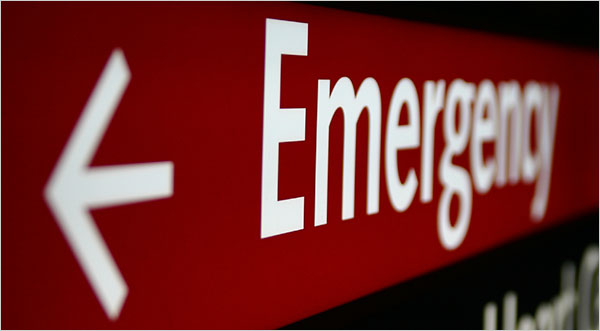Preparing Yourself for Emergencies
Emergencies can develop at any time in almost any situation. You can’t completely control the factors that cause emergencies. However, you can control your level of education about how to respond. Consider learning how to react to emergencies in one of these ways.
Basic Training
Many organizations offer training in how to respond to emergencies at home or work. You could take a basic first aid class with your local chapter of the Red Cross. Your fire department, police station or community center probably offers similar training. Most classes will cover how to bandage minor wounds and sprains, treat choking and safely escape from hazardous situations such as fires. They will also help you to recognize which situations you can handle and which ones require you to call 911.
Specialized Training
Many American adults have heart problems today, so knowing how to perform cardiopulmonary resuscitation, or CPR, is a valuable skill. When someone’s heart stops, you can perform CPR to attempt to keep them alive. The process consists of chest compressions that you perform with your hands and mouth-to-mouth rescue breathing. You can take a course from the Red Cross or a similar organization that is specifically on CPR, or you could work for a certificate in lifeguarding or another skill that includes CPR.
Another important emergency skill is knowing how to rescue people. Your job may require certification in pole top rescue training if you work in an environment in which people could become trapped or stuck. If you work near or around the water, you may want a lifeguard certification so that you know the different methods for rescuing people who are at risk of drowning.
Don’t feel helpless in an emergency. Educate yourself now so that you can stay calm and apply your skills when the time comes.
